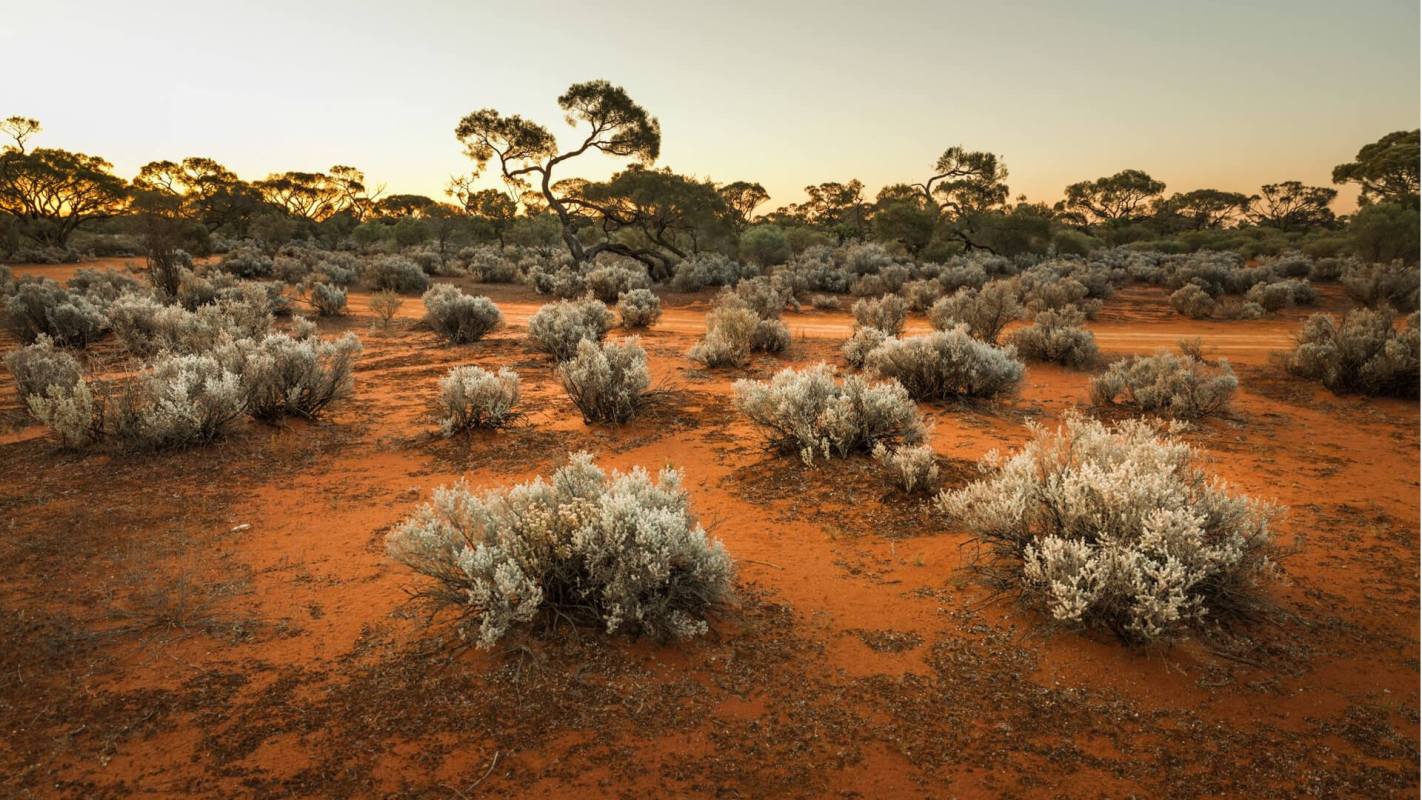Is alcohol good for plants? For most responsible plant moms and dads, it's a question with a seemingly obvious answer. But new research says it may not be so simple.
As it turns out, getting plants "drunk" can actually be a good thing. New research from Japan's RIKEN Center for Sustainable Resource Science shows that plants soaked in ethanol — the compound found in alcoholic beverages — are better suited against droughts.
In hot, dry weather, plants lose water through their stomata, the tiny pores that help with photosynthesis. But ethanol causes plants to close those pores, meaning they can retain more moisture when they need it.
To test the effects of this process, RIKEN scientists put two groups of plants through drought-like conditions. One group was planted in soil with a small percentage of ethanol. The other group was planted in soil with nothing but water.
The researchers ignored the plants for two weeks before finally returning to rewater them. After rewatering, a whopping 75% of the plants growing in ethanol-treated soil survived. That's compared to just 5% from the water-only group.
"As ethanol is safe, cheap, and widely available, this finding offers a practical way to increase food production all over the world when water is scarce, without the need for costly, time-consuming, and sometimes controversial production of genetically modified plants," said Dr. Motoaki Seki, the study's lead author, according to the Good News Network.
Rapidly warming temperatures are causing droughts to become more frequent and more severe. And while scientists are able to genetically modify crops to withstand dry conditions, GMOs are often more expensive than their organic counterparts.
Ethanol, the RIKEN study shows, presents a seemingly cheaper alternative for small and mid-sized farmers. Instead of purchasing pricey GMO seeds, they can give their crops a little hair of the dog.
The study showed that there are also additional benefits to giving small amounts of alcohol to plants. In the RIKEN's ethanol soil group, the plants began turning the spare alcohol into sugar, feeding themselves via photosynthesis.
"First, drought-related genes are expressed even before water is missing, giving the plants a head start in preparation," Dr. Seki said.
The research comes just months after a new report from the United Nations, showing that in addition to becoming more frequent, droughts have also begun to affect new parts of the world. In total, droughts have increased by 29% since the year 2000.
Since 2000, the number and duration of droughts has risen 29%😧 This is one of the key takeaways of a new report from the United Nations Convention to Combat Desertification ( @UNCCD)
— ESA EarthObservation (@ESA_EO) May 12, 2022
👉Read more: https://t.co/n0wsPzKbnP
📷: Californian drought from space between 2020-2021 pic.twitter.com/GrDpZK6JuA
Follow The Cool Down on Instagram and subscribe to our newsletter.








